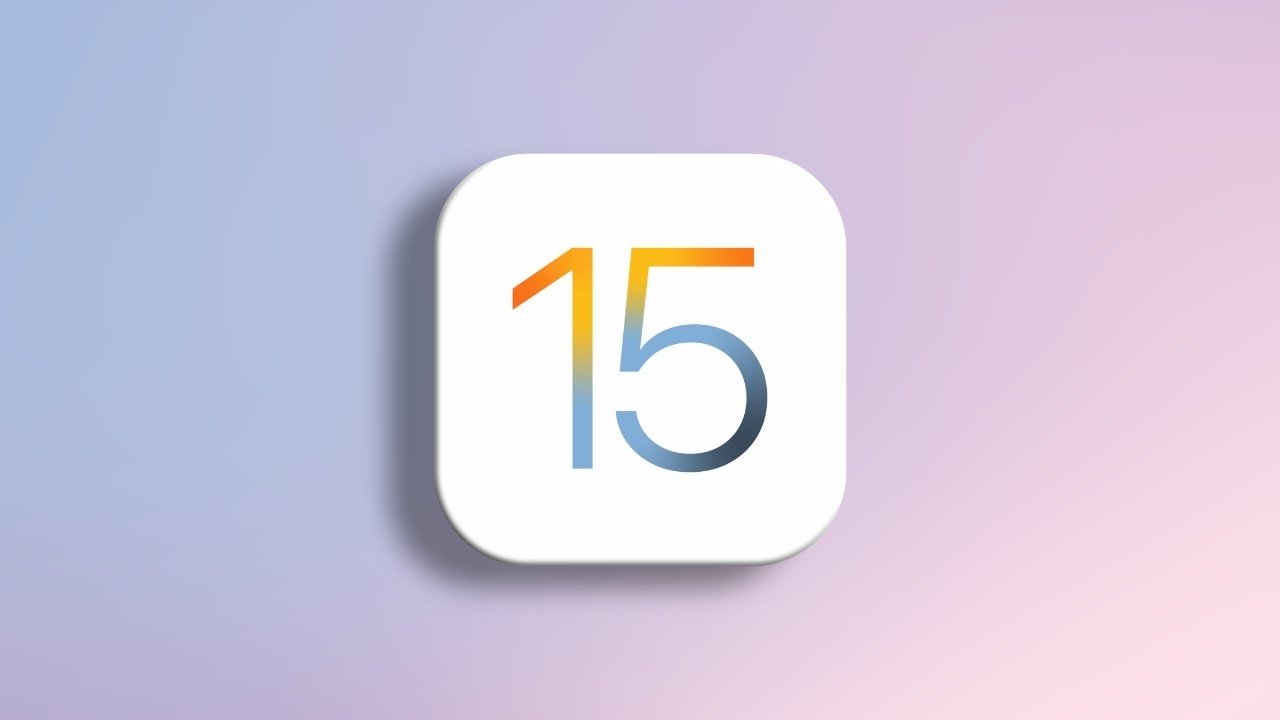Apple stops signing iOS 15 following release of iOS 15.0.1
Apple on Friday ceased code signing for iOS 15, effectively blocking users from downgrading to the now out-of-date operating system.
The stoppage comes four days after Apple halted signing for iOS 14.8 and leaves the recently released iOS 15.0.1 as the only viable upgrade option.
Launched late last month, iOS 15 is Apple's next-generation operating system that introduces a number of new features, improvements and user interface modifications. New features include Live Text and Visual Look Up, Focus, upgraded Apple Maps, Health app updates, iCloud+ integration, a Safari redesign and more.
Apple issued iOS 15.0.1 in early October to address iPhone 13 hardware issues including a bug that prevented users from unlocking the handset with Apple Watch. Certain vulnerabilities, like a lock screen bypass, were also patched.
With the release of iOS 15, Apple is no longer forcing users to adopt the latest and greatest OS to access security updates. Device owners who prefer to remain on iOS 14 are offered regular updates as part of a separate release track and will see two software update choices in Settings, one for the latest iOS 14 version with bug fixes and another for iOS 15.
While users on the iOS 15 track can update to iOS 15.0.1, those who remained on iOS 14 and did not install iOS 14.8 have no recourse but to wait for a subsequent security update from Apple.
Apple routinely stops signing legacy code after the release of a new iOS build to protect customers from nefarious actors attempting to take advantage of newly discovered vulnerabilities. Preventing users from downloading older code also allows Apple to keep more iOS devices on the latest, feature-rich software.
 AppleInsider Staff
AppleInsider Staff











 Andrew Orr
Andrew Orr
 Malcolm Owen
Malcolm Owen

 William Gallagher
William Gallagher

 Mike Wuerthele
Mike Wuerthele
 Christine McKee
Christine McKee







